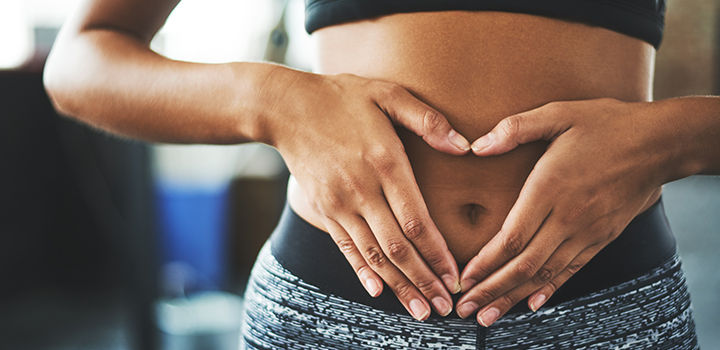
The gut contains a universe of good bacteria which needs caring for, now more than ever in the COVID 19 pandemic
The gut microbiome - defined as all the microorganisms, including bacteria, that live in the digestive tract - is one of the largest systems in the body. "And it might be one of the most neglected," says Vitality dietitian Terry Harris.
"Especially now, gut health is important when we think of preventing and tackling COVID 19," says Terry.
She explains that it is well known that a healthy gut microbiome is essential for strong immunity as well as good mental wellbeing. However, a recent article by the American Society for Microbiology (mBio) reported that poor gut health has been connected to severe COVID 19.
The article in mBio featured research showing that while people infected with COVID 19 experience a wide range of symptoms, the virus can also affect the gastrointestinal tract. Many affected by COVID 19 experience diarrhoea, nausea and vomiting, suggesting that the virus attacks the gut. The researchers said there seems to be a clear connection between altered gut microbiome and severe COVID 19. They added that the typical Western diet is low in fibre, which is one of the main causes of altered gut microbiome.
How to protect your gut
Terry says, "Take care of your gut by increasing fibre, which is found in fresh and frozen fruit and vegetables, beans, lentils and chickpeas, as well as nuts and seeds."
She advises that we avoid highly processed foods as these contain high levels of unhealthy fats, sugars and refined carbohydrates, as well as other additives. These are increasingly being shown to have a detrimental impact on gut microbiota.
Terry explains that while it is easy to reach for comfort foods, they are not a good choice for feeding the microorganisms in your gut. These are foods like biscuits, doughnuts, cake, pastries and chocolate bars which are highly processed, energy dense but low in nutritional quality.
To supplement or not supplement?
There are a number of supplements available, but there are also food options for both prebiotics and probiotics. Prebiotics are specialised plant fibres that act like fertilisers, which then stimulate the growth of healthy bacteria in the gut. You can find prebiotics in many fruits and vegetables, especially those that contain complex carbohydrates, such as asparagus, yams and potatoes, says Terry.
"Probiotics contain live organisms, usually specific types of bacteria that attach to the billions of healthy microbes in your gut. Fermented foods like traditional African amasi, kefir and plain yogurt naturally contain lots of probiotic cultures that strengthen the microbiome," says Terry.
As with all supplements, first discuss taking a prebiotic or probiotic supplement with your doctor or dietitian before buying one of the multitude available.
References:
https://asm.org/Press-Releases/2021/January/Poor-Gut-Health-Connected-to-Severe-COVID-19,-New
https://www.mayoclinic.org/prebiotics-probiotics-and-your-health/art-20390058